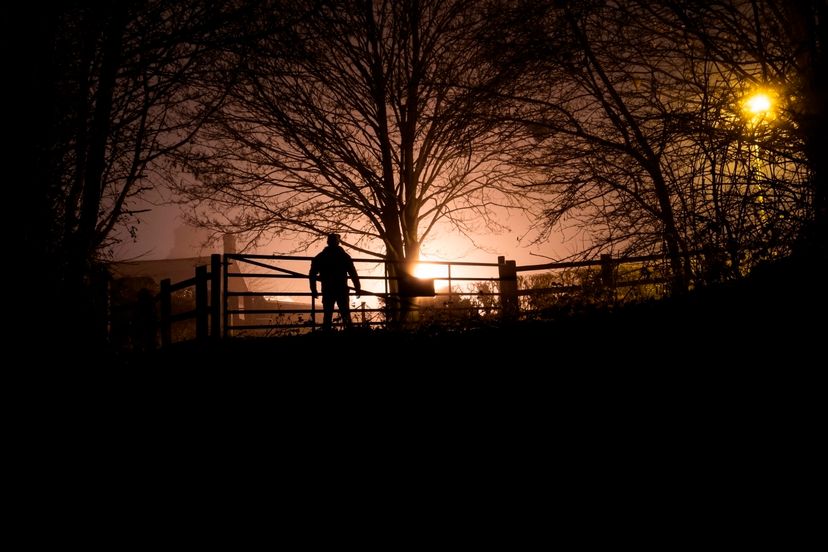
While the horror genre may not always command a huge amount of respect, it is a genre that boasts many of the greatest filmmakers of all-time. It is incredibly challenging to thrill and scare people through film, and all of these fantastic horror directors were able to do this in their own unique and distinctive fashion.
Many of these directors have had an impact on film outside of the genre, while sadly, a couple remain somewhat unknown and unappreciated. Whatever the case, these are the horror directors who have excelled at bringing your nightmares to life.
Advertisement